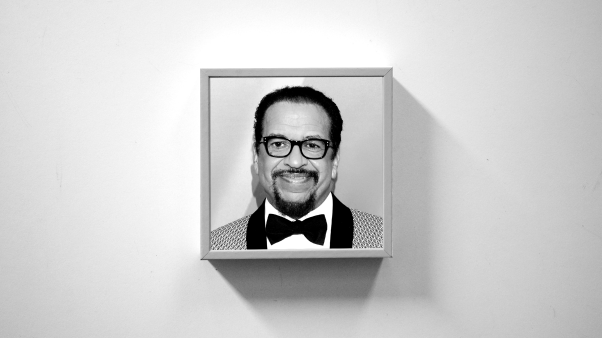We all want a healthy leadership team, but where do you start in building one? We asked Larry Osborne, pastor of North Coast Church in Vista, California, a regular contributor to Leadership, and author of The Unity Factor (Owl’s Nest, 2001), a book about creating healthy elder boards.
Q: What made you write a book about church boards?
A: My interest in a healthy church leadership team came out of experiences I had growing up. I watched my dad as a deacon in a church experience long and frustrating nights and look forward to the day that he got off the board. Something didn’t seem right with that picture. Then, when I came to North Coast Church, a small church about a year-and-a-half old, I assumed that everybody was ready to charge the hill. Instead, I found real people with real hurts, and I made the mistake of not focusing on meeting their needs, but saying, “Come on, let’s go meet the needs of the world out there.” We only grew by one person the first three years. That was a difficult time for me, and it dawned on me that we were never going to be healthier than our leadership team. So I switched my focus to the inner group God had given me. That started with our elder board.
Q: What exactly did you do?
A: We shifted where and when we met. I got involved with deciding who would be on the board, and, most important, I began to train them. I realized that no one trains leaders for the task of leading the church. We take our church leaders and give them more theology. Often they’re some of our best people theologically and spiritually anyway, and what they need to know is how to lead the church — just like a Sunday school teacher needs to understand the differences between age groups and the various dynamics involved in teaching.
Q: What do you teach them?
A: I expose them to things I learned in seminary and in conferences and journals for pastors. I teach them everything from church growth principles to group dynamics. We talk philosophy of ministry. My goal was to help them to think like pastors think, with the focus on what it means to lead a volunteer organization. Most people tend to lead the church like a business. The church is not a trucking company. The church is completely different.
Q: When building an elder board, what do you look for?
A: First, we make sure potential elders don’t have glaring weaknesses as described in 1 Timothy 3 and Titus 1. First, we look for the biblical qualifications. Second, we look for a fit with our philosophy of ministry. Just because someone is spiritually mature and attends our church doesn’t mean he has a right to completely change the direction of our church. A lot of churches fail to consider that when selecting church leaders. Third, we look for team fit. We ask, What does our leadership team need right now? That changes. It’s like a sports team. You can’t win a championship with five Shaqs. Somebody’s got to bring the ball up the court.
Q: How can a leadership group work as a team?
A: First, make sure your group is the right size — I suggest somewhere between five and twelve. If you have too many people, there’s no way to keep the lines of communication flowing. Frankly, it’s the slightly-too-large board that often gets the time-bomb member — because the board is trying to fill that last slot or two. Second, spend time together. The more time we spend together, the more we like and understand on another. Too many boards gather, quickly pray, do business, and go home. I look for ways to have some play, socialization, time together. Third, create shared experiences. That’s what training does. We get a common lingo, a common background that helps us — not necessarily to agree, but to understand our disagreements better.
Q: What is the purpose of a board? What should members see as their function?
A: That changes as the church changes. In a smaller church, the purpose is usually helping a pastor get the job done. In a larger church it’s helping a pastor make and communicate good decisions. In the largest churches, a board’s primary function is to be the brakes of the organization, the accountability, people who can stop anything. The board is also wise counsel, because a larger church is staff-led, so the board is more wise counsel than hands- on leaders. They also serve as a crisis team in waiting.
Q: What do you do when your team isn’t functioning like one?
A: Pray. All the leadership understanding and insight in the world can’t make up for making sure the Lord’s hand is guiding you in what to do. Also, if the relationships are really a struggle, bring in an outside consultant — one that both parties feel comfortable with. When people are not communicating well, just talking more doesn’t usually get anywhere.
Q: How can you keep a board healthy?
A: Remember that you are a unit — whether you’re the pastor or a board member. I’m a strong leader, but when my board says no, it’s no.
From BUILDING CHURCH LEADERS, published by Leadership Journal © 2001 Christianity Today International. To reply, write Newsletter@LeadershipJournal.net.
Sign up for the Church Leader’s Newsletter and receive a new article plus useful information in your inbox every week!
Copyright © 2001 by the author or Christianity Today/Leadership Journal.Click here for reprint information on Leadership Journal.








